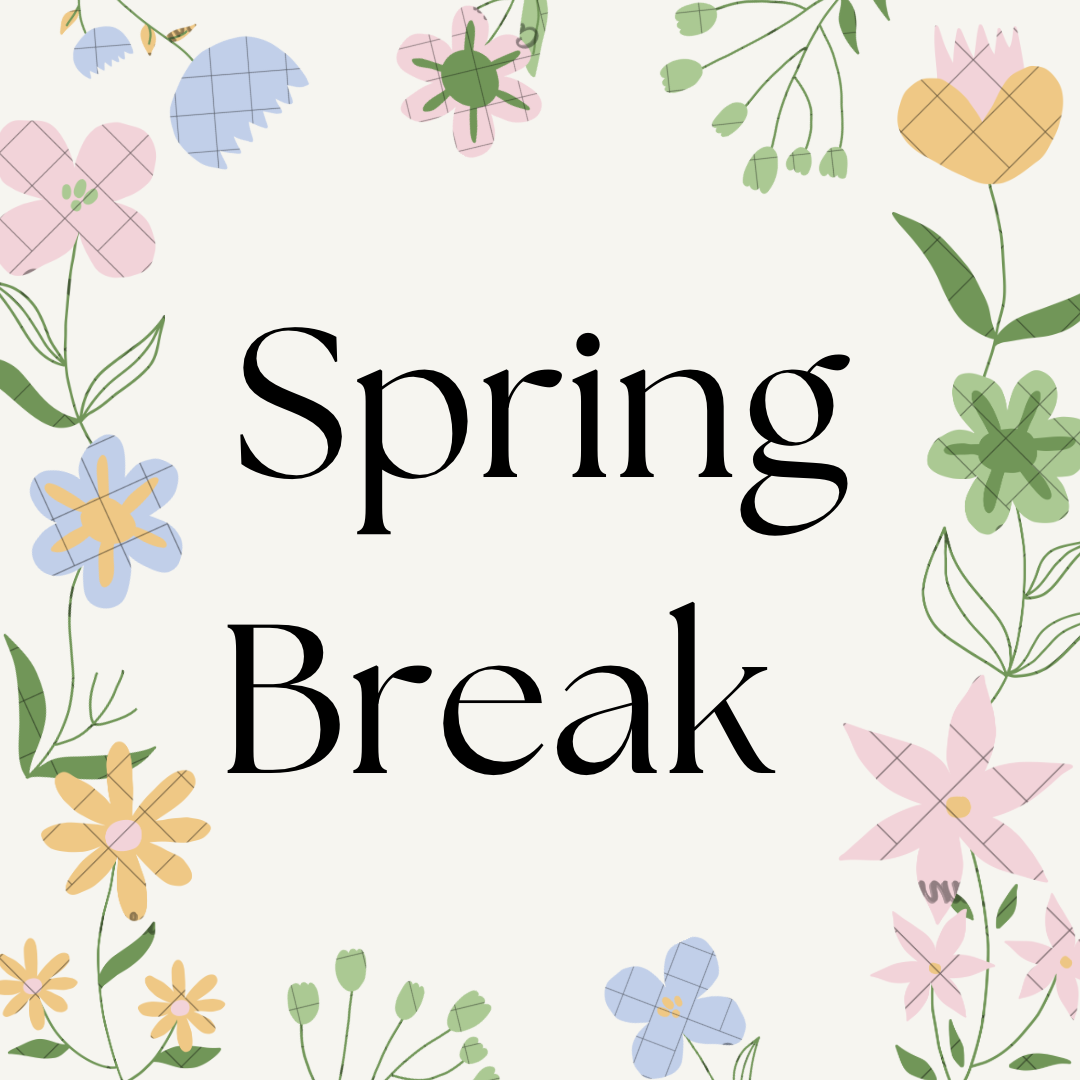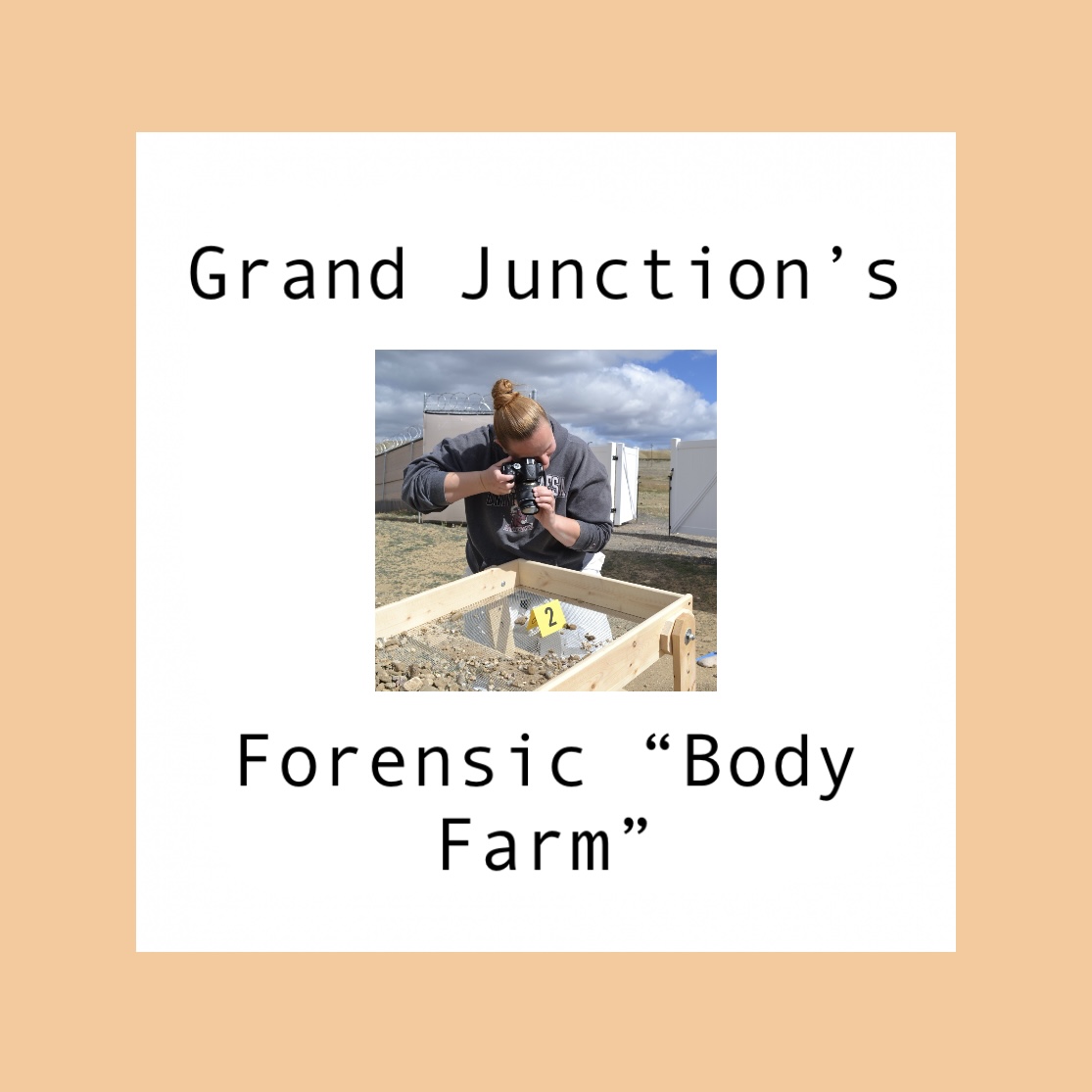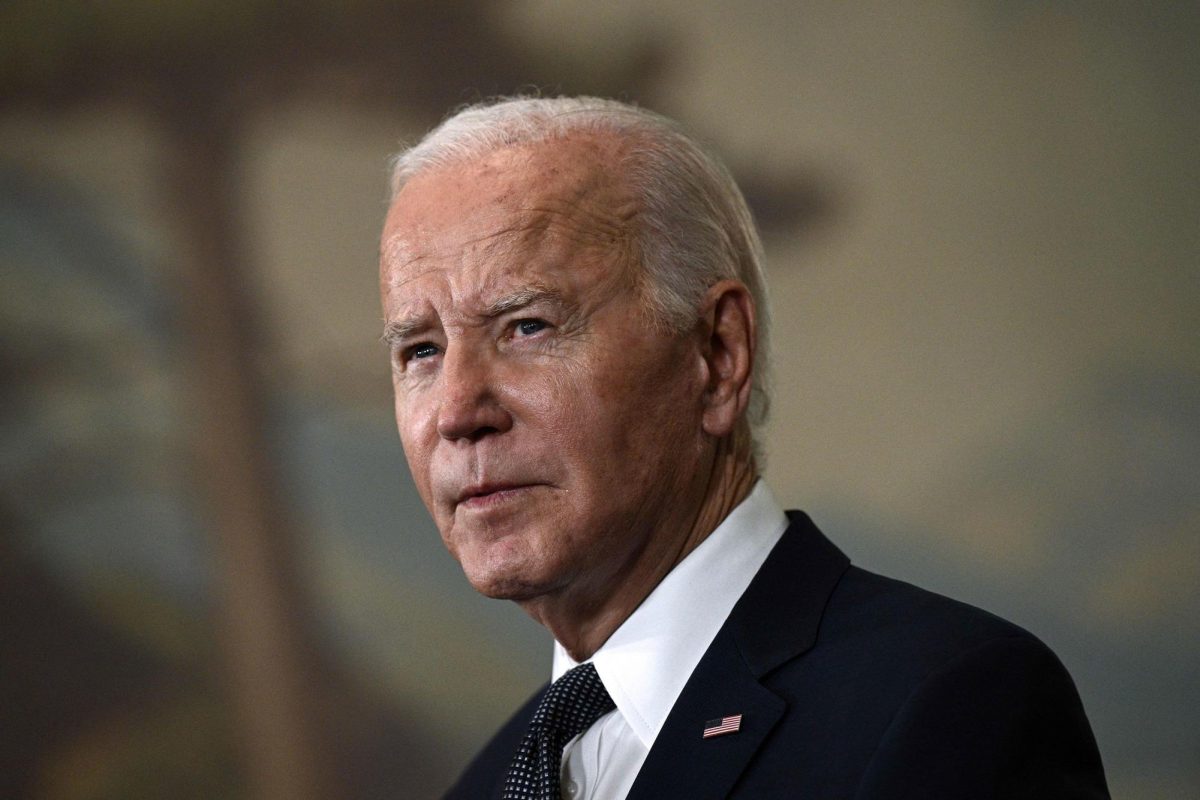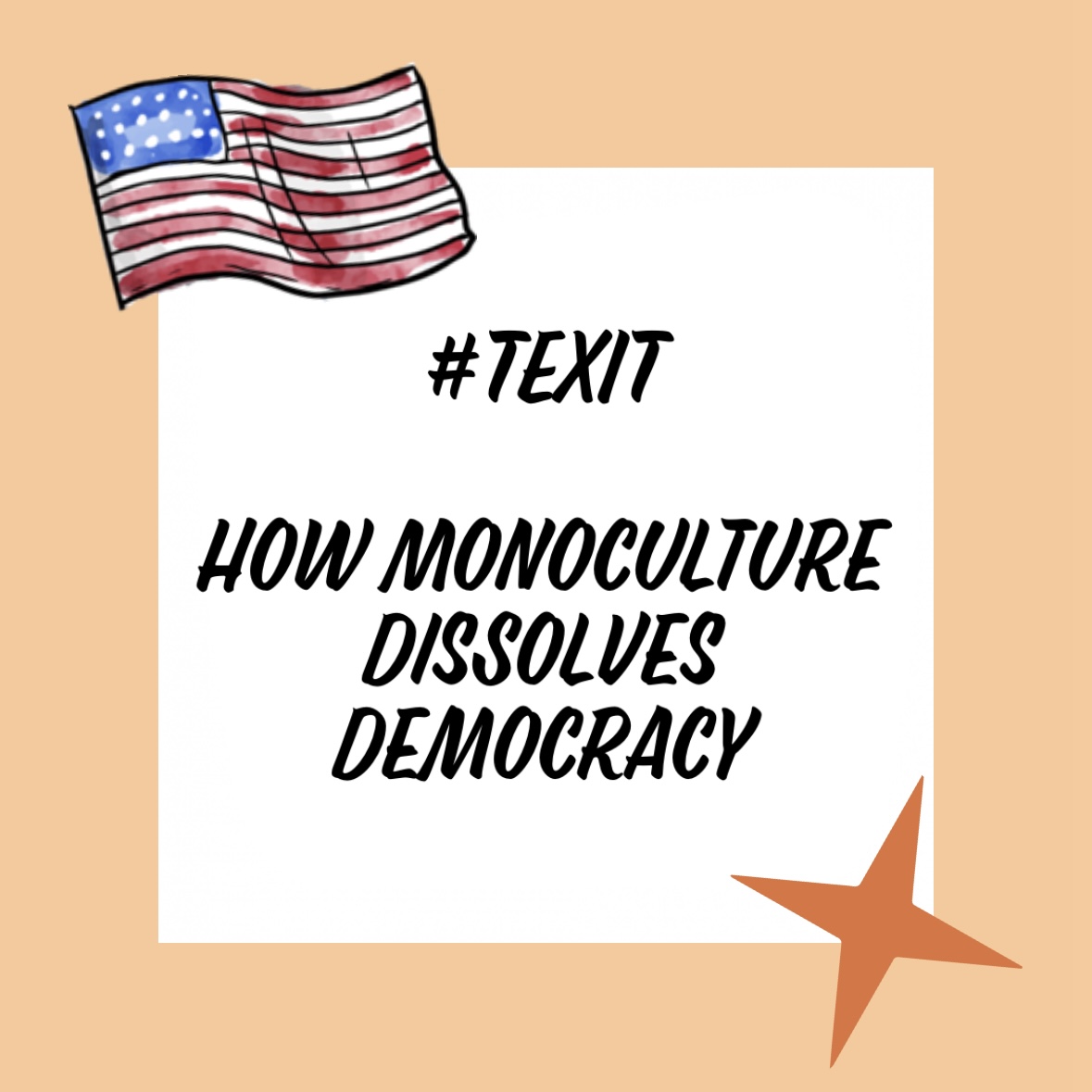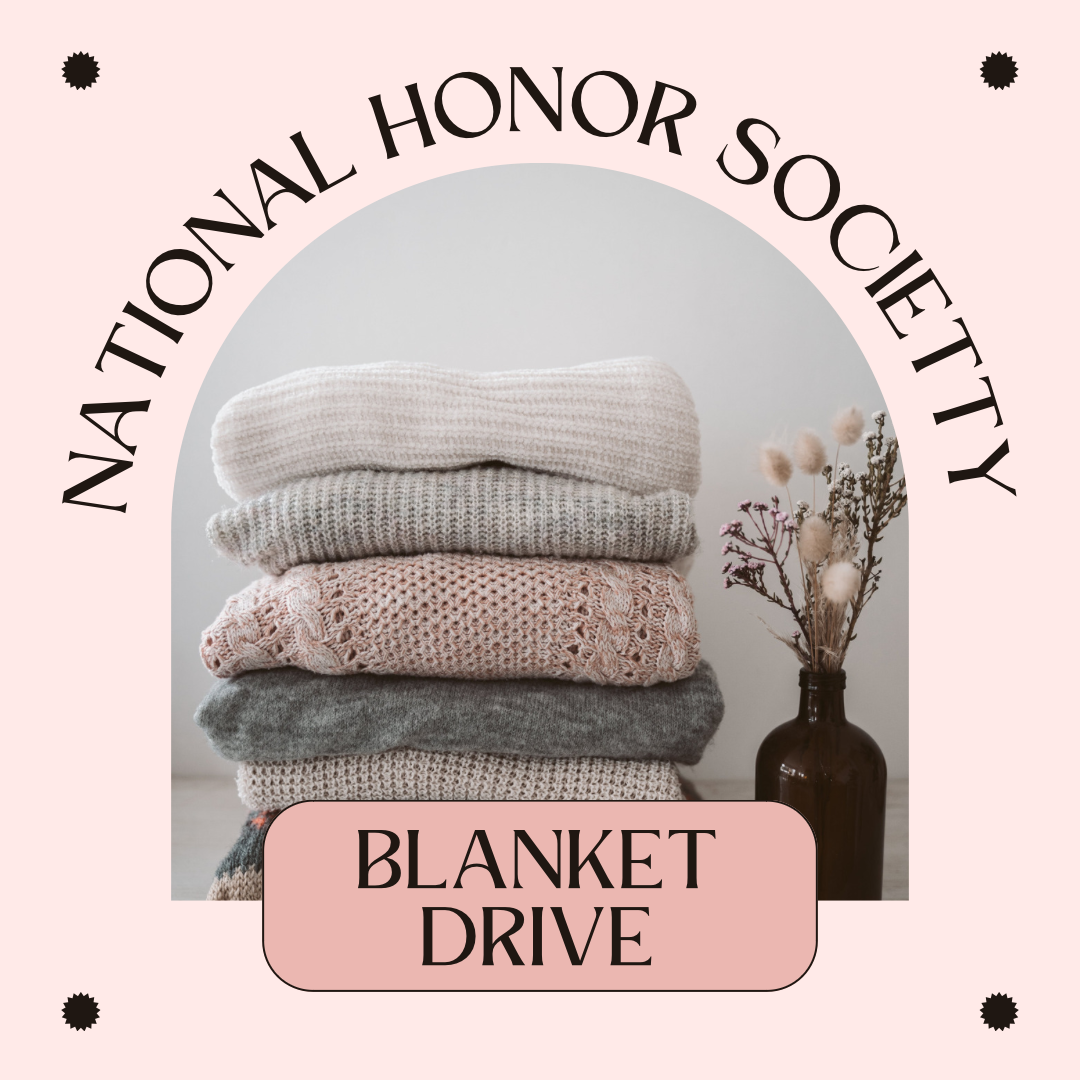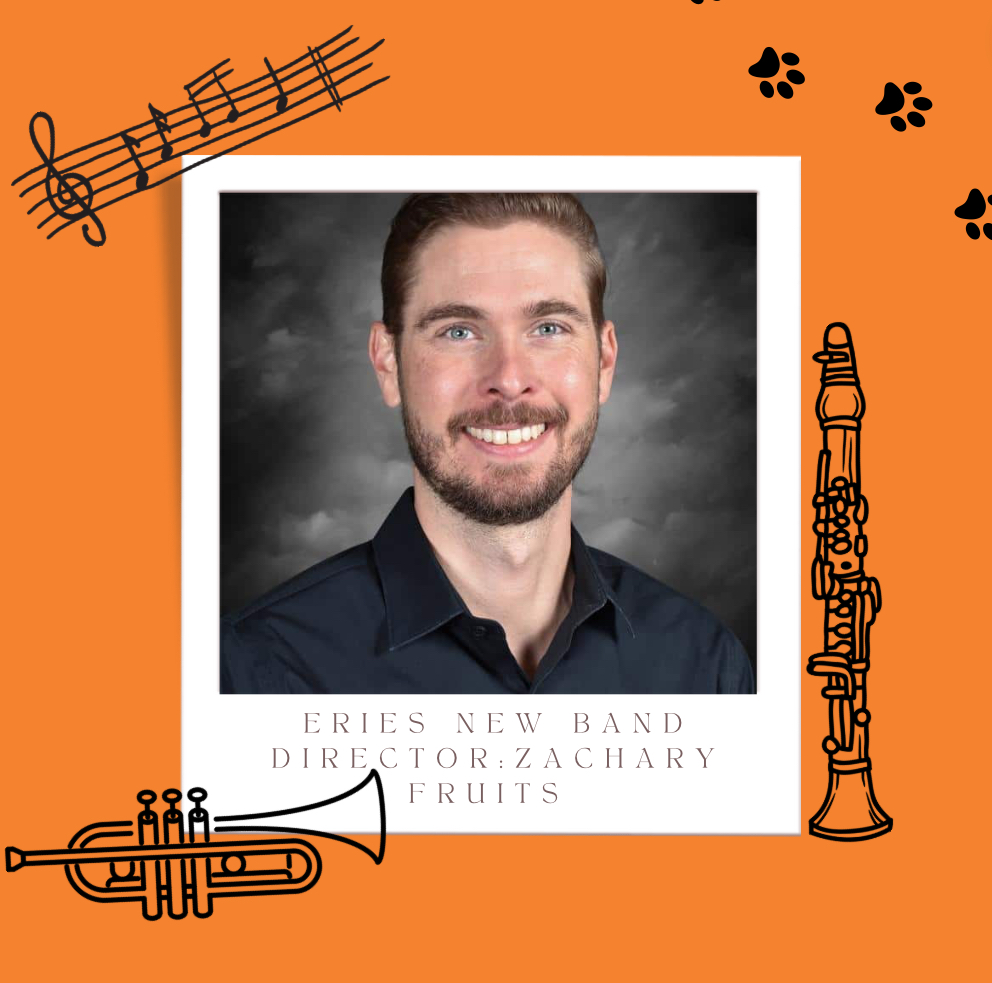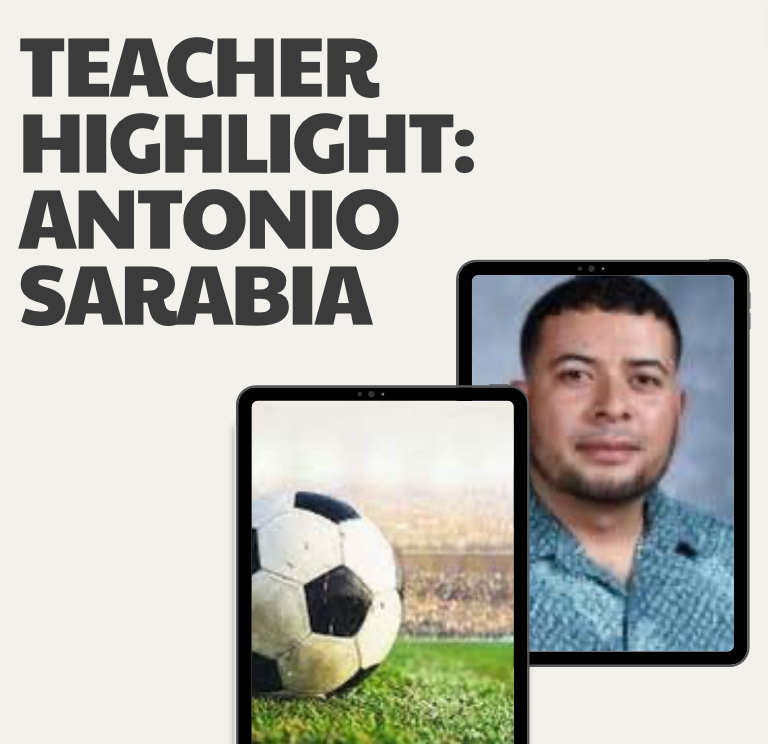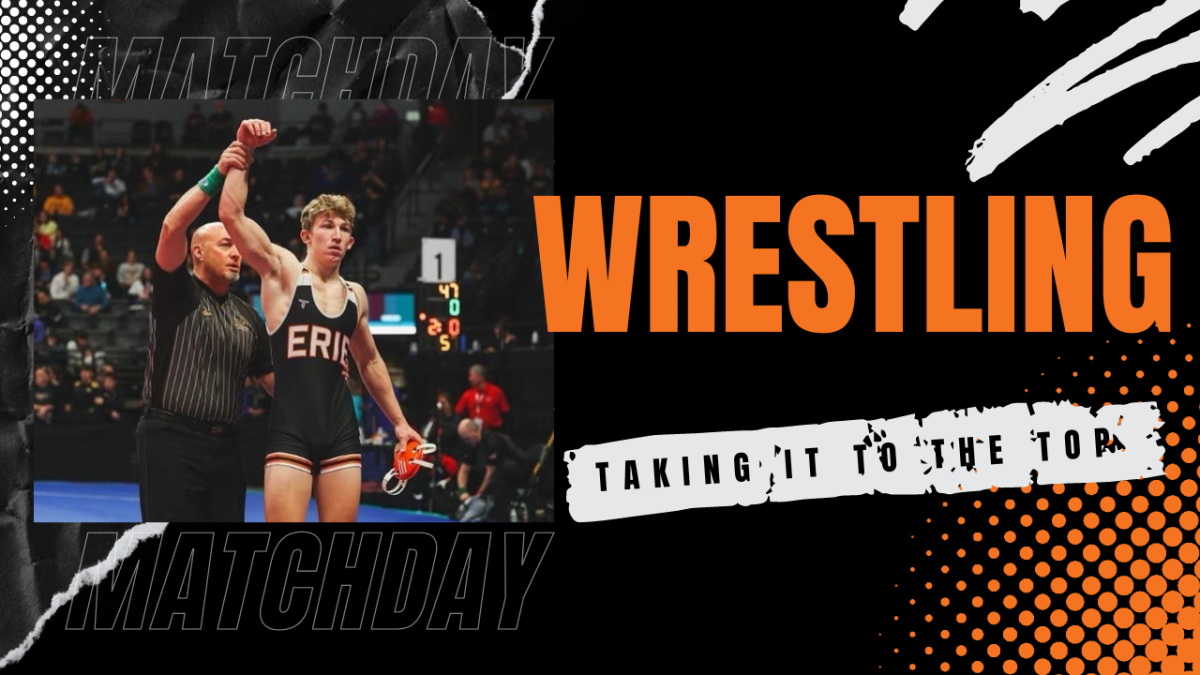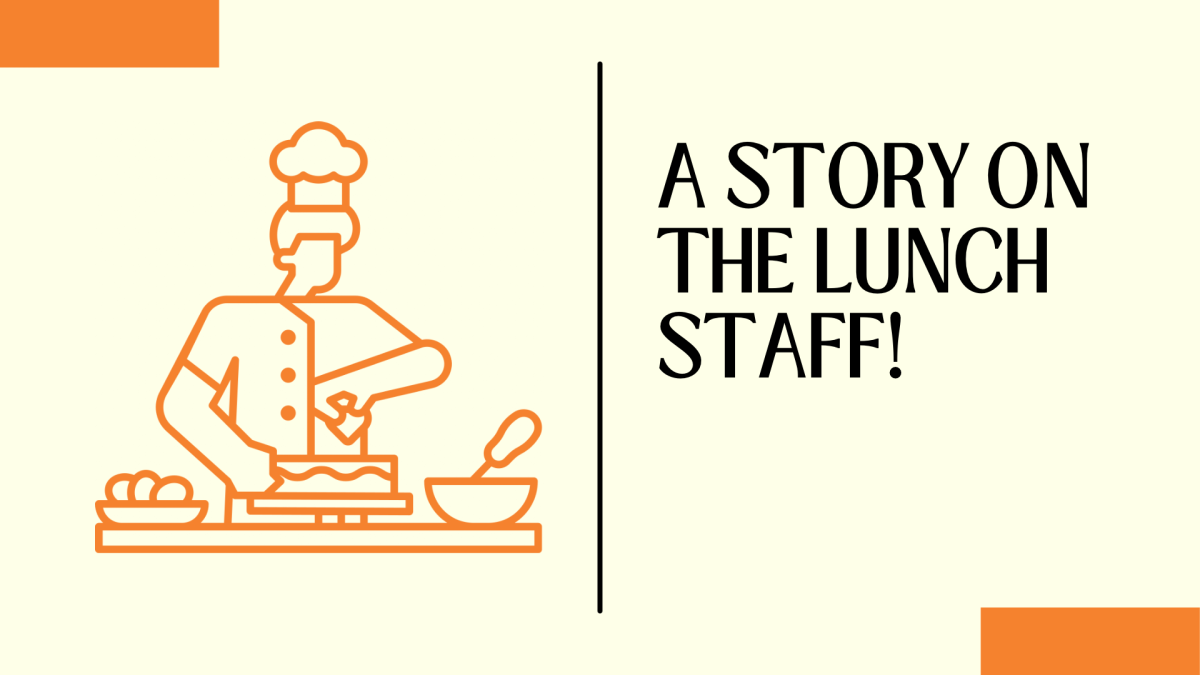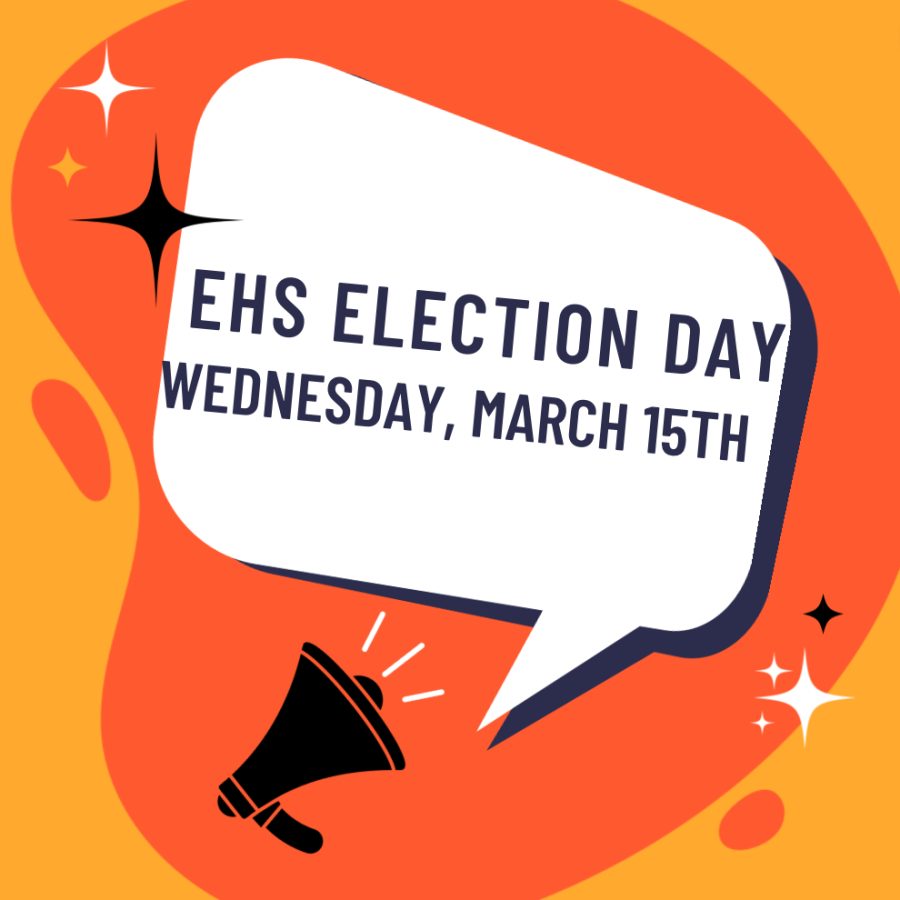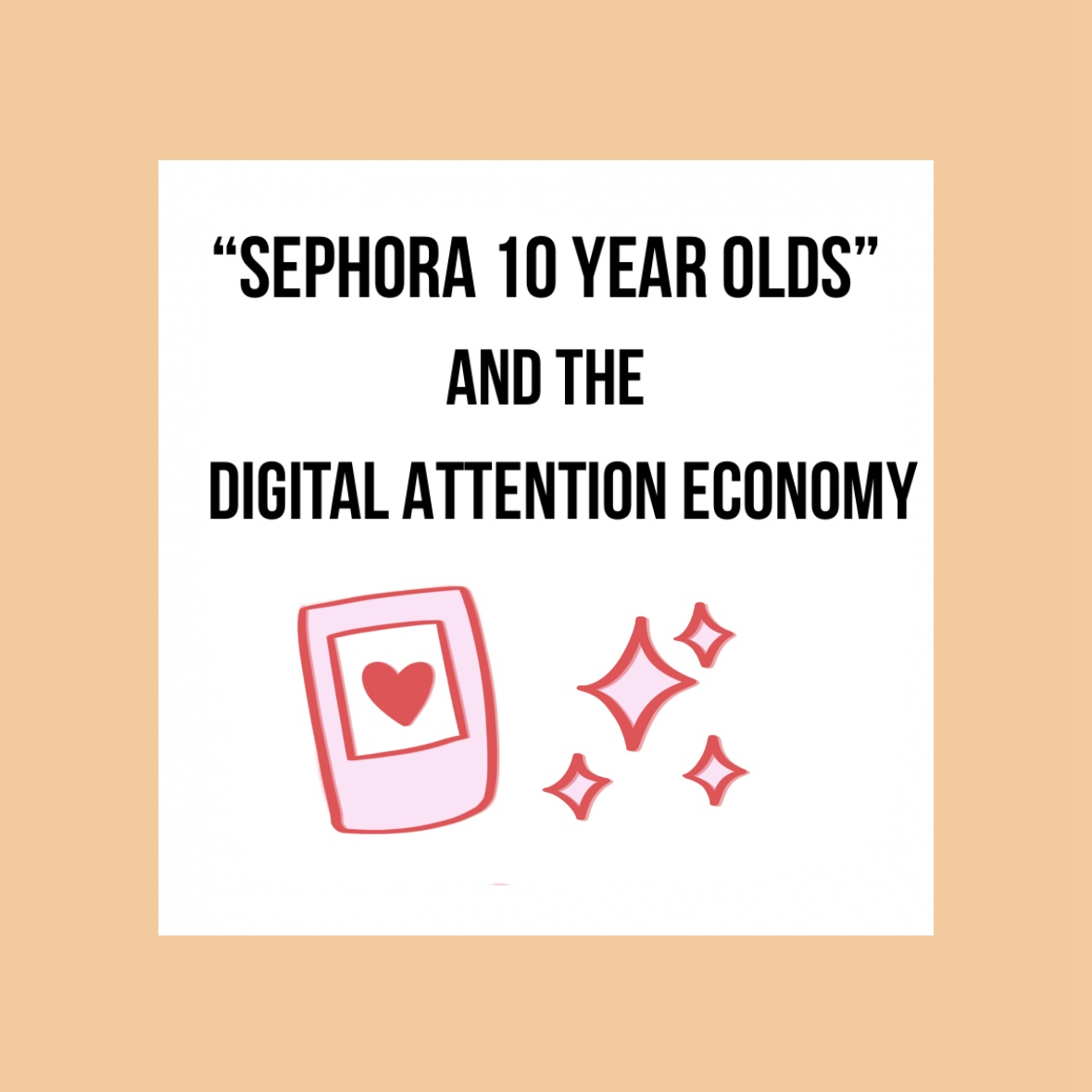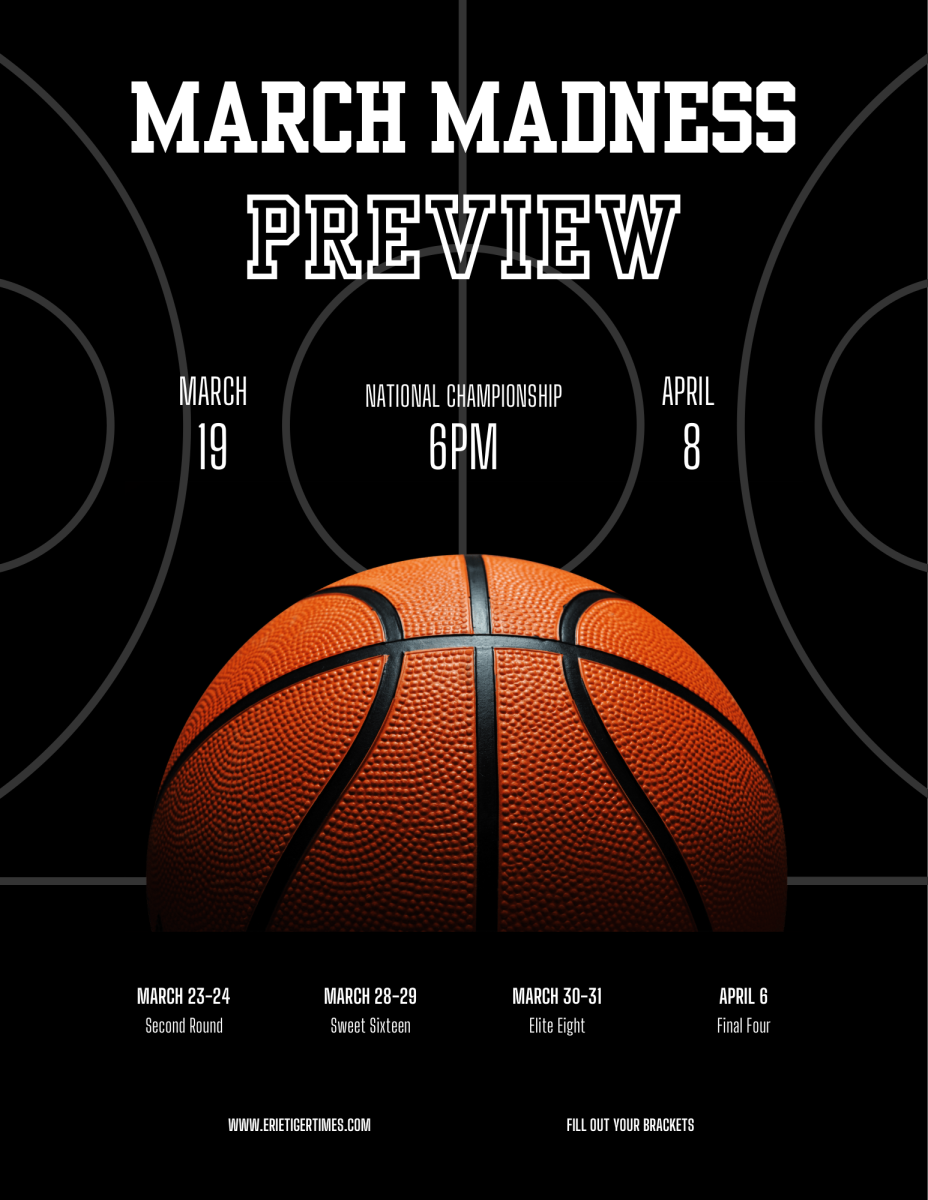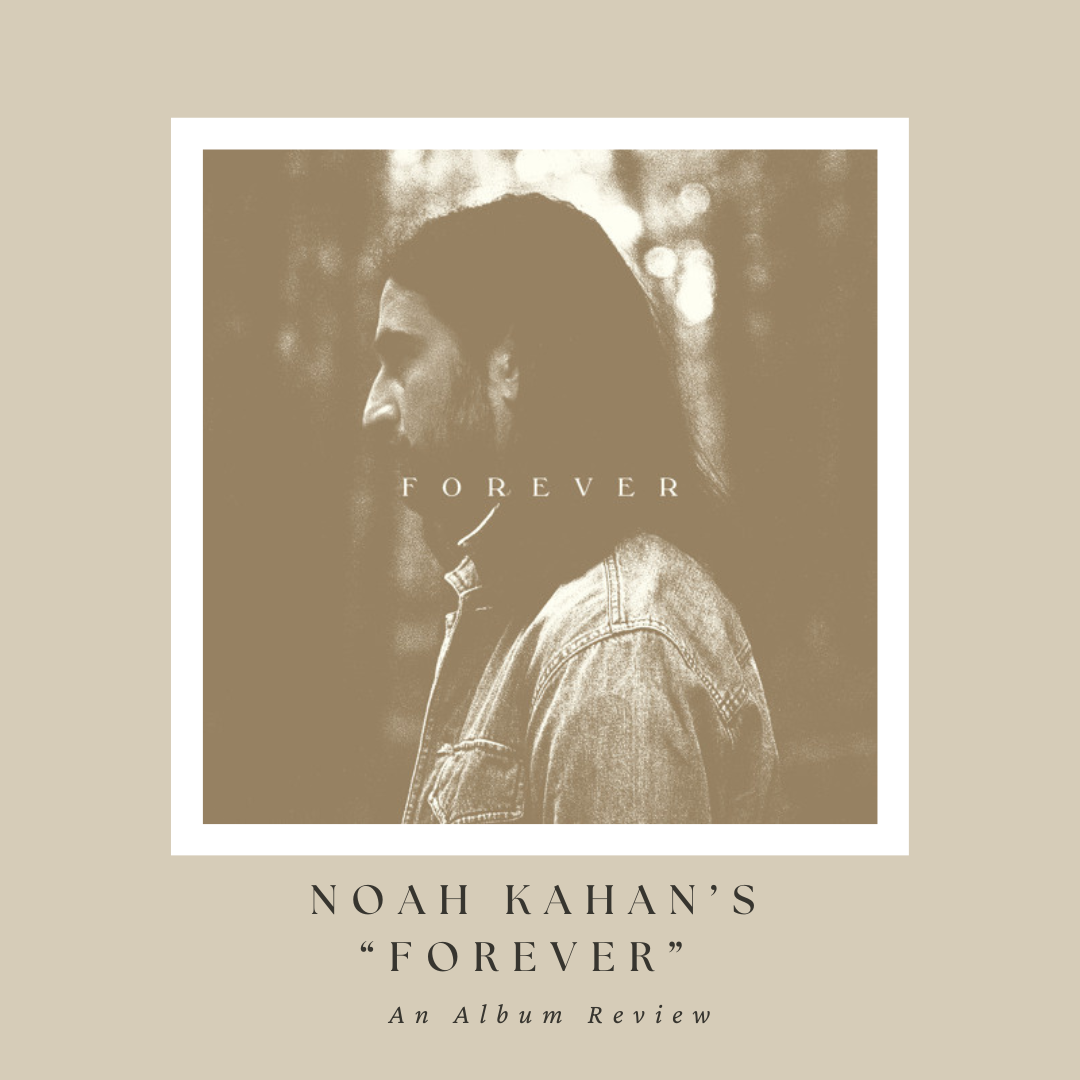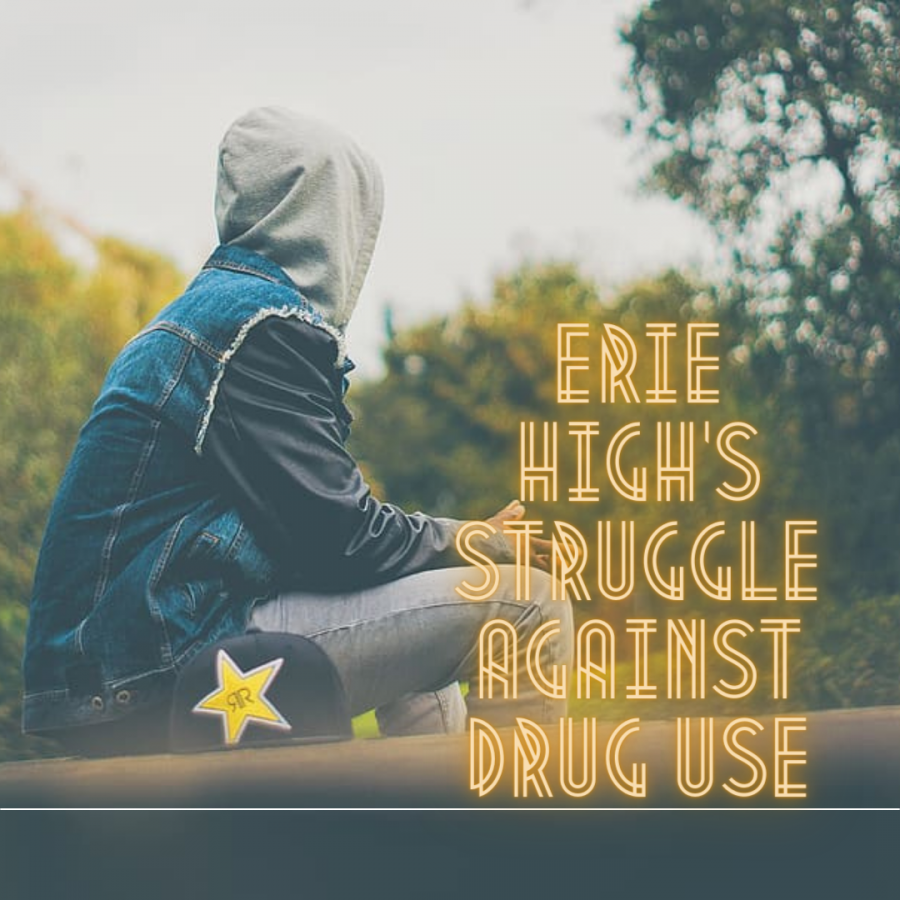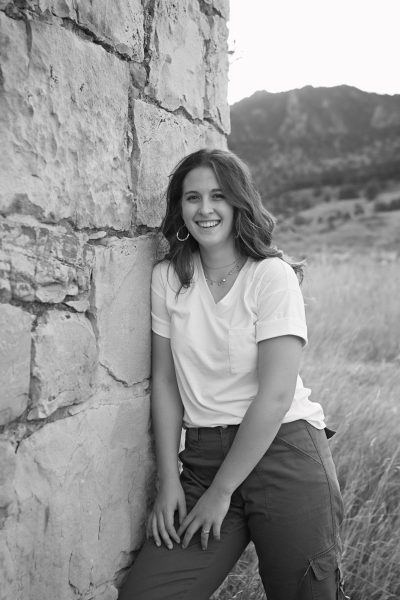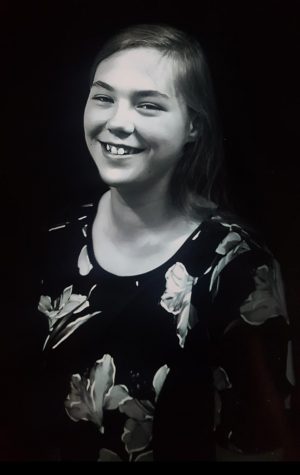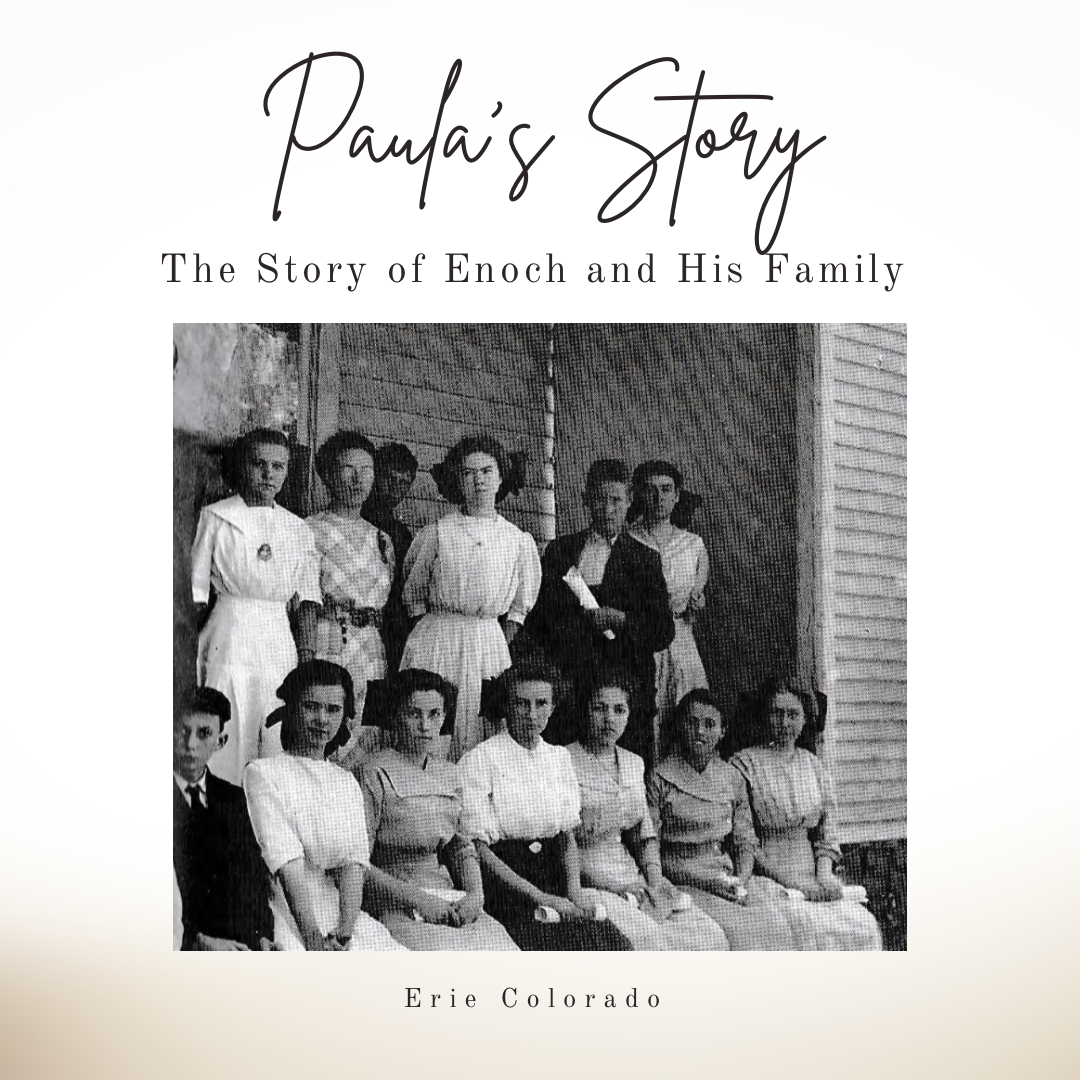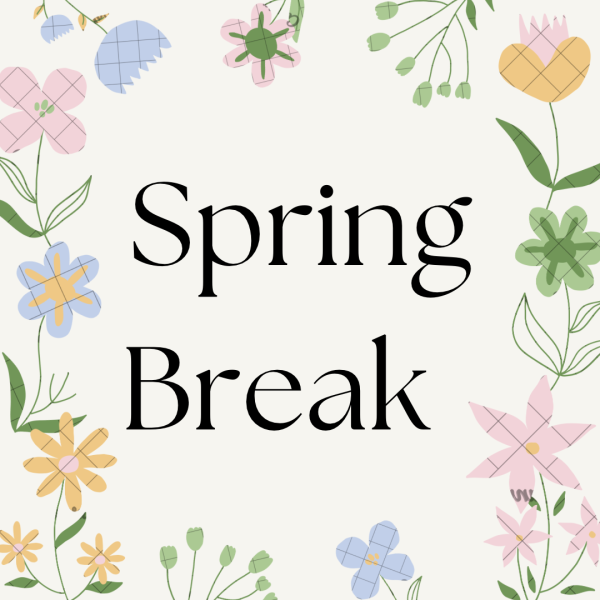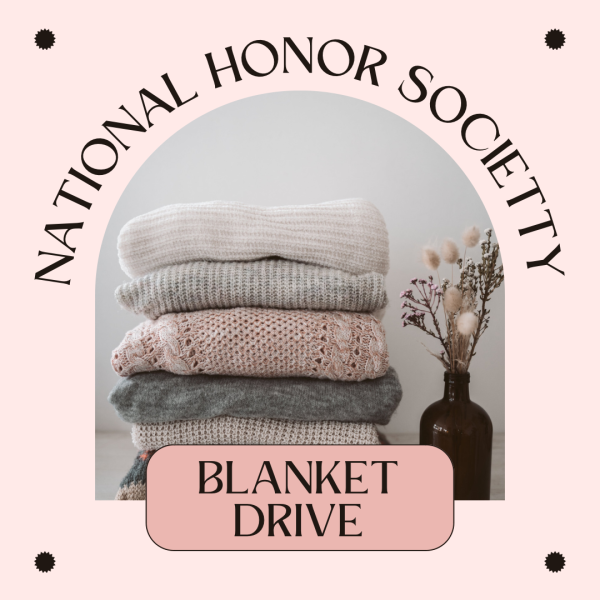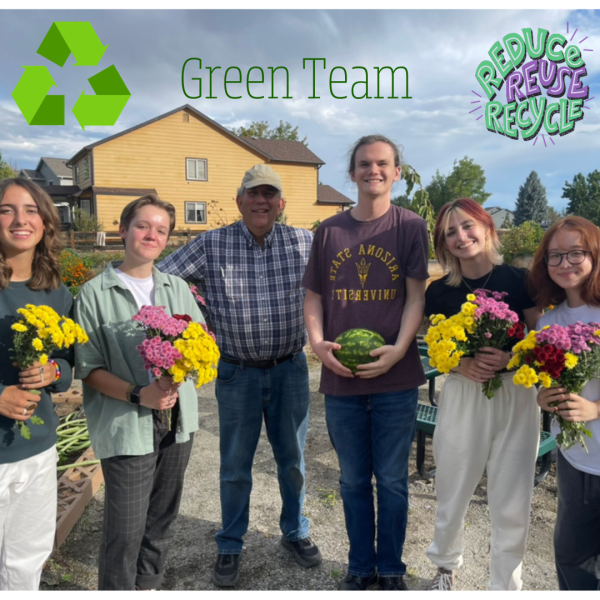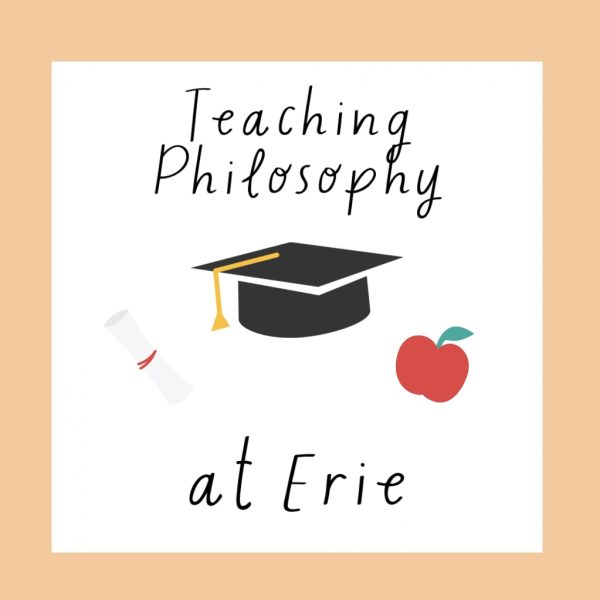Students Struggle With Drugs and How Erie High Combats It
December 16, 2021
When people think about drugs, a few images might come to their mind. Those images could be about a group of people partying and getting high, it could be of two people standing in a dark alley, or maybe even of death. But how many people think of a student taking a hit in the bathroom because they cannot see another way to attain a small amount of relief?
At Erie High school, there are hundreds of students, and many of them are experiencing some sort of pain in their life. When life gets tough for them, they find ways to cope, and for some of them that way is drugs.
Students oftentimes are exposed to drugs through their peers, as well as the people and world around them. When they are surrounded by these substances it makes it easier for them to experiment, to see if it can offer them the escape they want. All too often, however, experimentation turns into consistent use of the drug.
Over time students have brought a variety of drugs to school, but Molly Irwin, a campus supervisor says that, “I think we battle the most with nicotine… we don’t have as many hard drugs as we do vaping and the marijuana.”
Irwin is one of the staff members who deals directly with the students who bring drugs like nicotine to school. “It’s almost a daily thing that I’m dealing with, and that Mr. Kenny and the admin are dealing with.” She says.
Having drugs on school property is a crime, so when students are caught they receive consequences from both the educational system and the judicial system. This often means a suspension, court date, community service, and possibly more.
Despite the ramifications of being caught using drugs students are still choosing drugs.
Winry Scottson, a student at the school who has had experience with drugs, and who has been given a pseudonym for anonymity, explains, “[Drugs] take away the pain, [like of] depression. You don’t really think about anything when you do them.”
This is one of the main reasons Scottson has used drugs. When life, or school, gets tough, she feels that it helps her, “It just calms you down… and then you’re more focused.” She feels like this quality of drugs, in fact, helps her at school.
When students use drugs they risk facing consequences. Though some are like Scottson: for them the benefits outweigh the risks. But it is not just the person using drugs who has to face the consequences. Their friends, family, and peers are all affected by their choices regarding drug use.
A student at Erie, under the pseudonym Janet Roe, recalls that when her friend had taken drugs, “They would be all over the place. [I] was worried that, one, they would have hurt someone, or hurt themselves. Or [two,] hurt me because I was telling them to stop using drugs.”
For Roe, drugs affected her relationship with her friend. She did not want to see her friend get hurt, or continue going down the path of addiction, so she took action to try and put a stop to the drug use. Despite trying to help, Roe lost that friendship. She does not regret parting ways, however, because, “By helping them I know it was the right thing to do. [I] would rather lose friends and know that they will be okay.”
Students are stuck between wanting to help a friend and losing them, or not helping a friend and losing them to drugs. For many this is a challenging position.
The administration at Erie would have students tell an adult regardless of their hesitation. Cara Thoen, a school resource officer says, “If you see something, say something,” and to be “…proactive in reporting what [you] see.” Students can do this through many different outlets, such as the school resource officers and Safetotell installed on every district iPad. Reporting drug use could end up saving someone’s life.
Although the Administration tries to take proactive actions against student drug use, there is only so much they can do.
In recognition of this, Thoen runs a class through the Erie Police Department about educating parents on what they need to know about drugs, alcohol, and vape pens. She believes that education is one way to prevent drug use. She is not the only one at the school to believe this either. Irwin also claims that, “The only way to empower you guys is to educate you.”
In an attempt to do that, students are required to take a Health class. There is a unit in that class which talks about drugs and their effects. A woman, known as “Lyn the drug lady” also comes in and gives an in-depth presentation.
However, there are some that do not feel this class is effective. After all, there are students who have taken that class but still do drugs. One of these students, under the pseudonym Tristan Pine, has first hand experience.
“[They] brought in Lyn, but I don’t think she persuaded anyone,” Reyes says. He also admitted that she was not the reason he stopped using drugs.
For him, drugs were a way to have fun and connect with people. It was not until he had more experiences with drugs that he stopped, “It’s just the same thing every time,” he says, “I [started seeing] the repercussions on myself and my brother.”
But, there are still ways to educate students so that they can understand the consequences of drug use.
Reyes suggests that the school bring in a recovered drug addict to give a presentation because they have personal experience with the consequences of drugs and addiction.
Drugs are known to be highly addictive and dangerous, and drug use can lead to a lot of negative consequences. The school’s aim is not to punish students, or say ‘I told you so,’ when they are caught with drugs, but to help students learn and grow.
Irwins assures, “Our big thing is to help educate, and to get the kids to [think]: ‘Do you crave this everyday? Do you need this to get through your day?’” Because in the end, the administration only wants to ask them, “How can we help you?”


